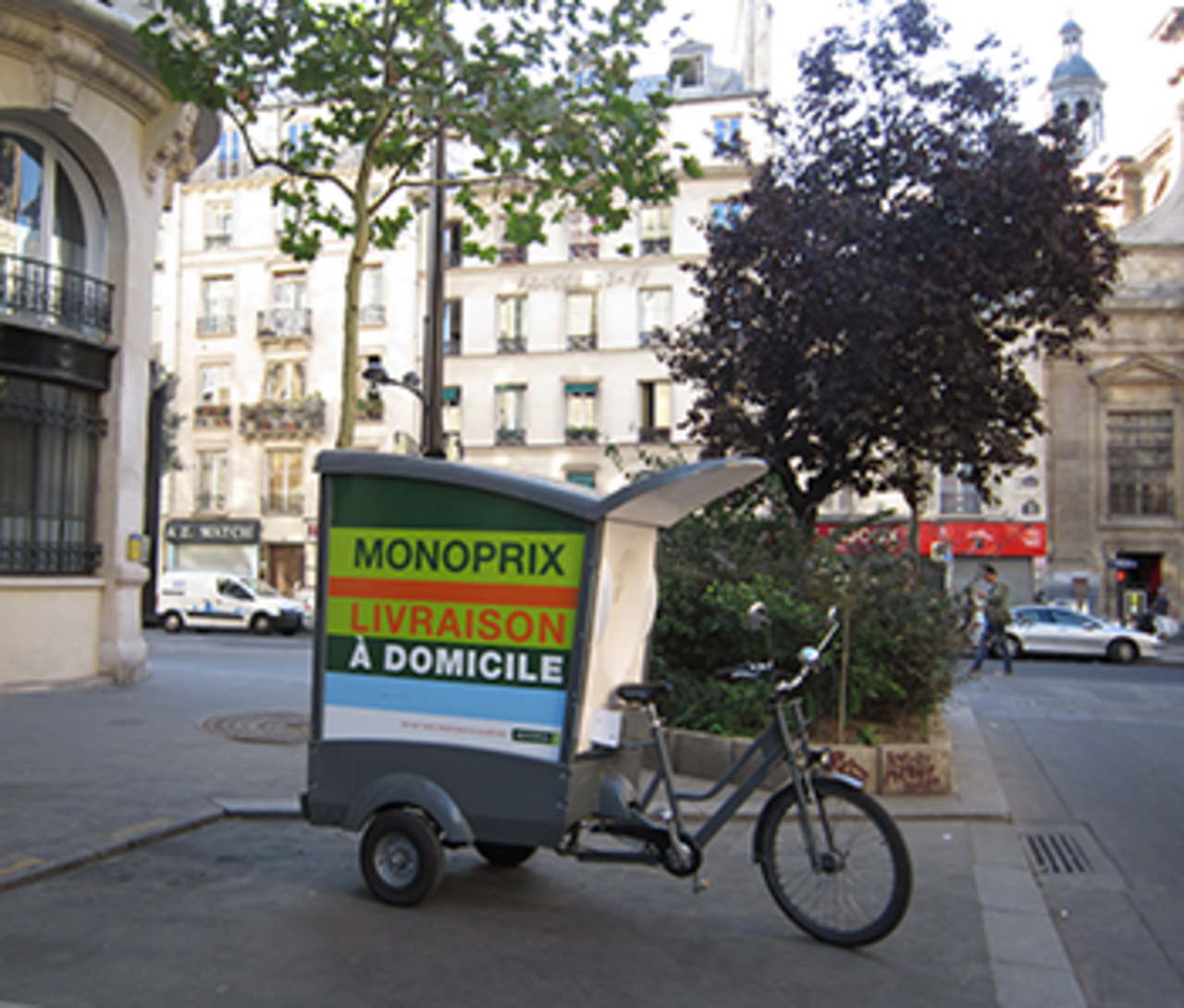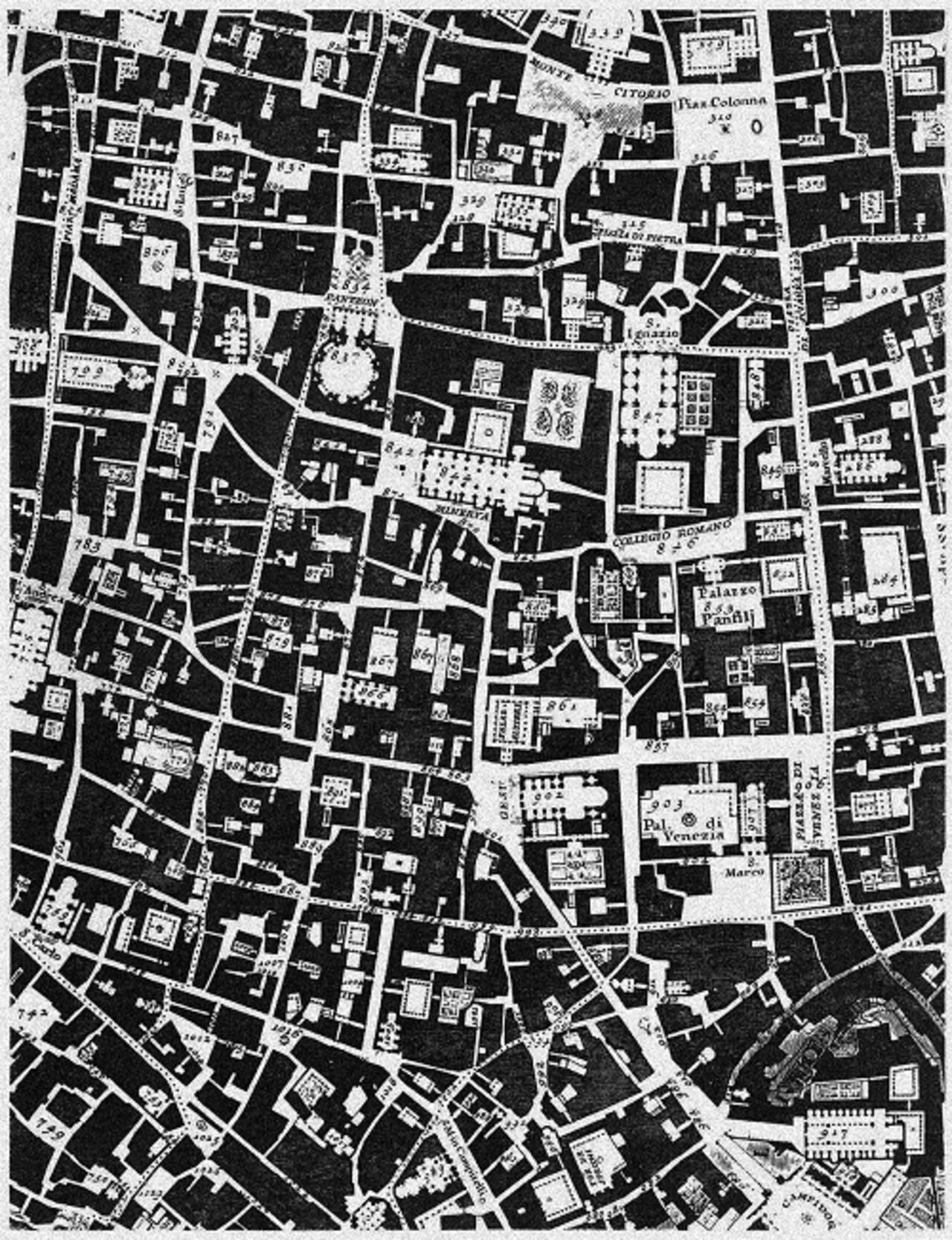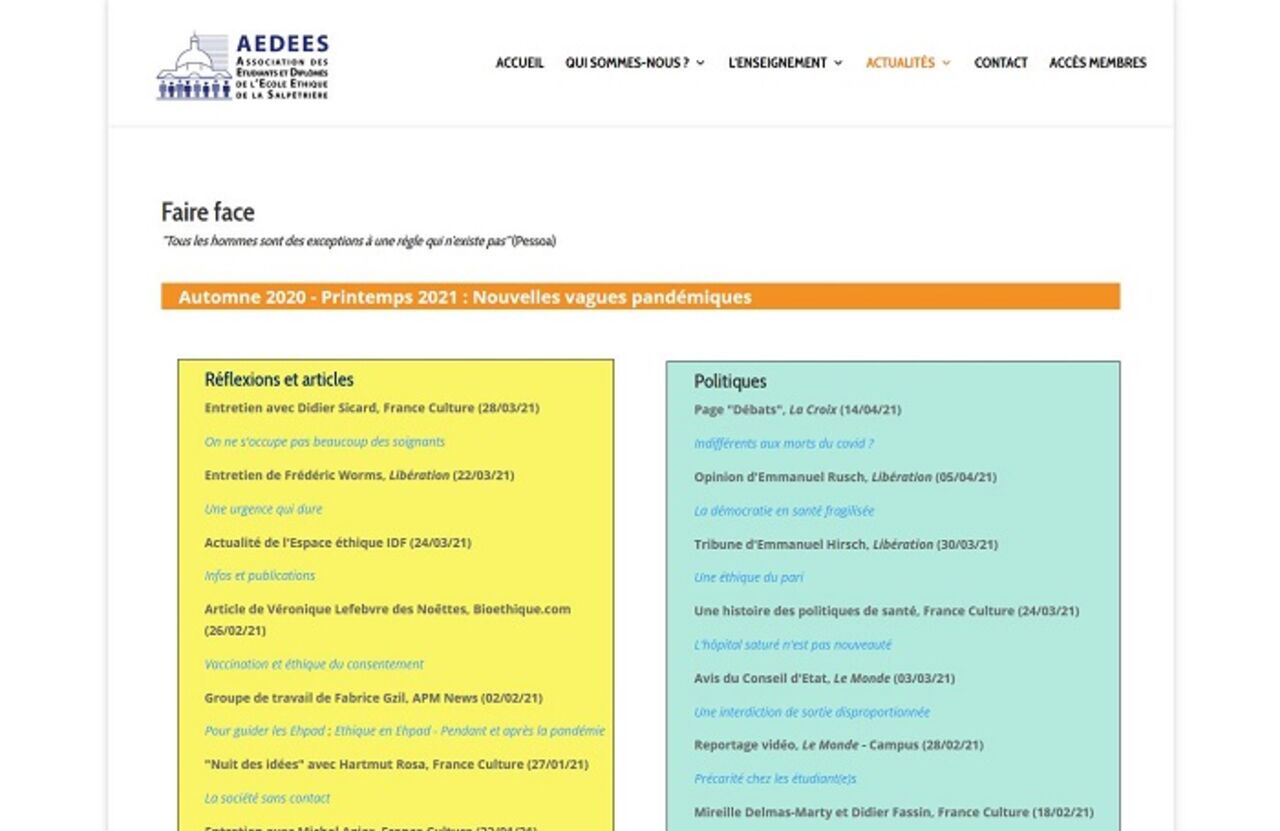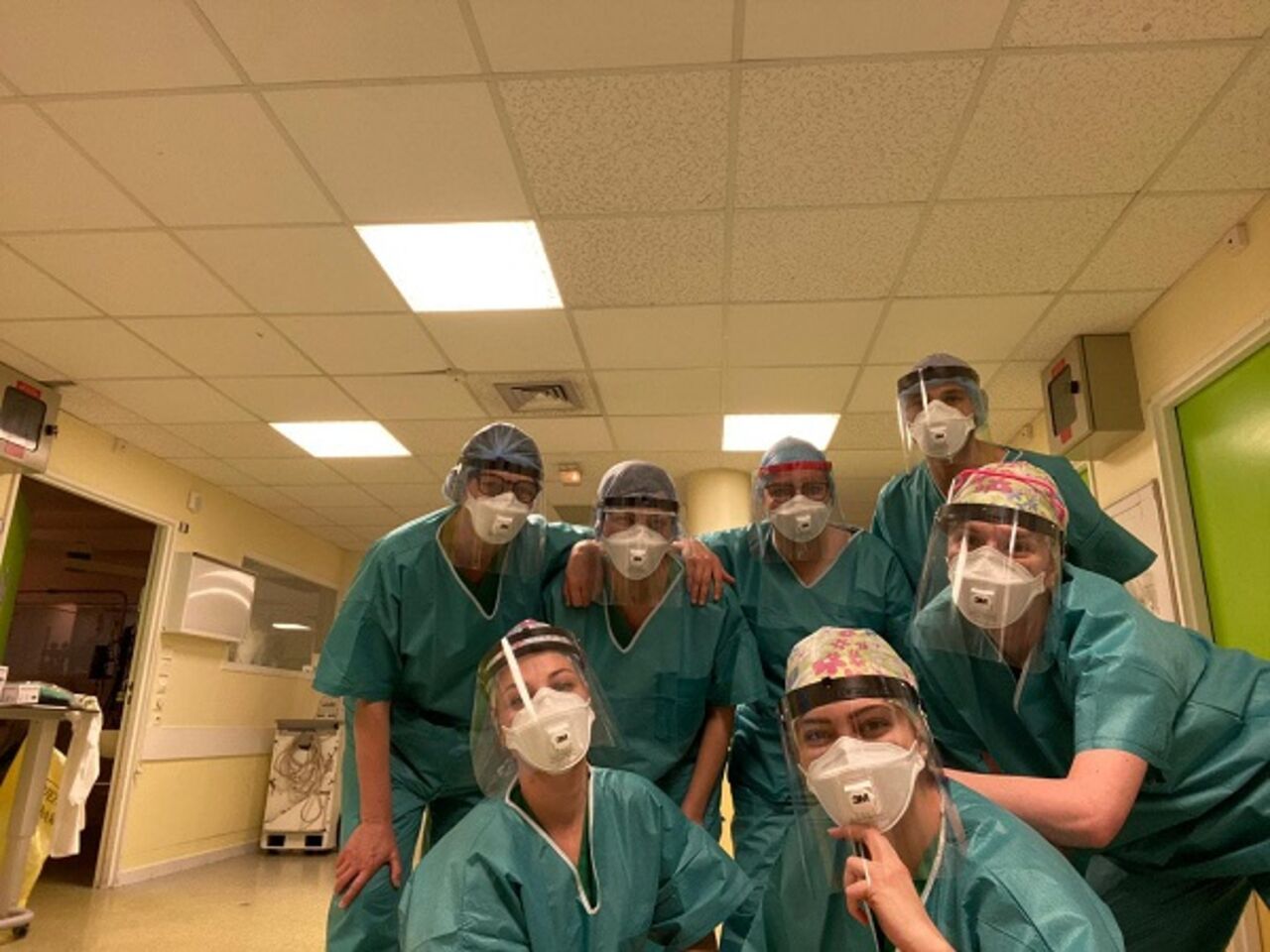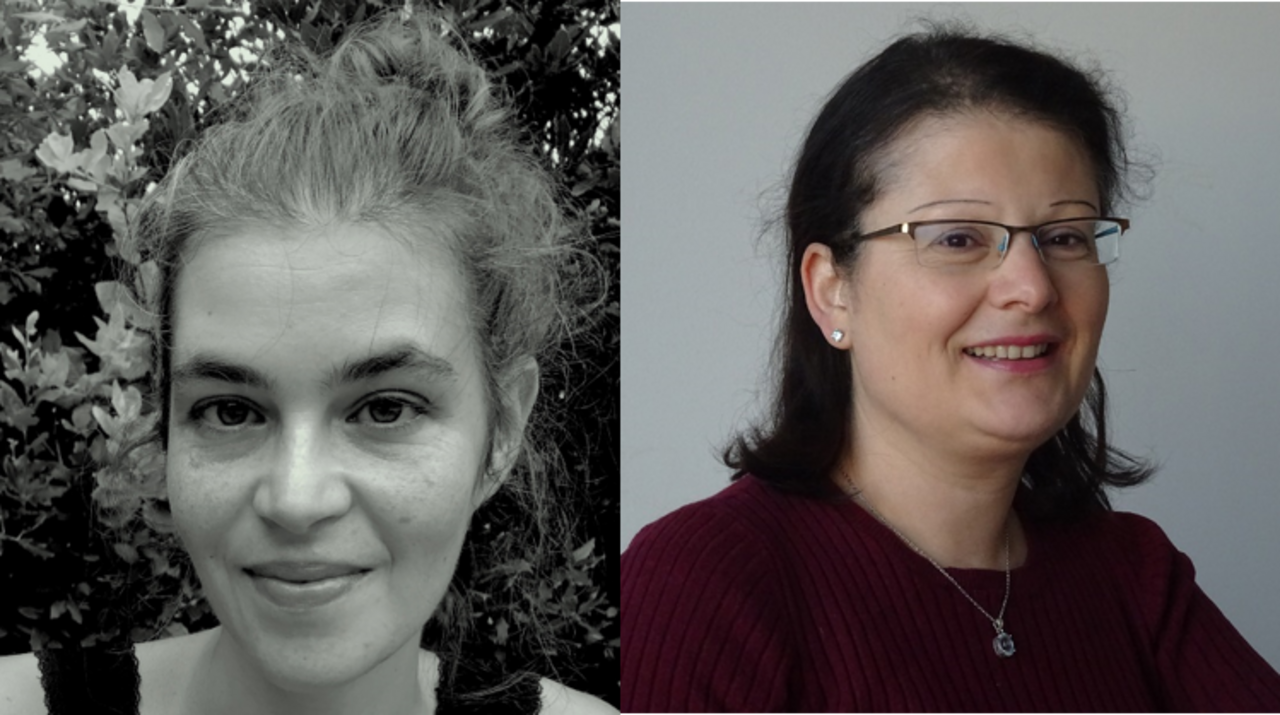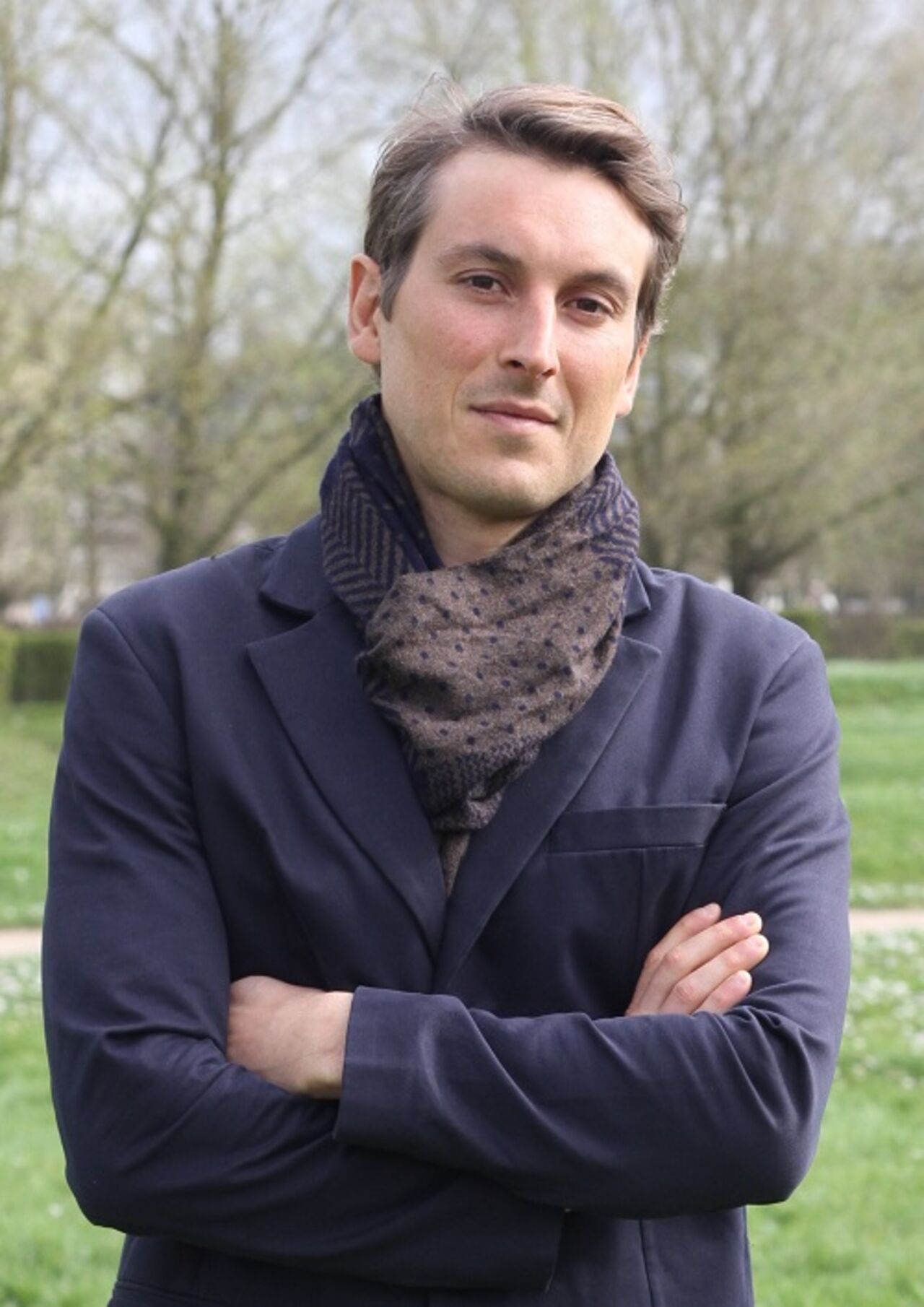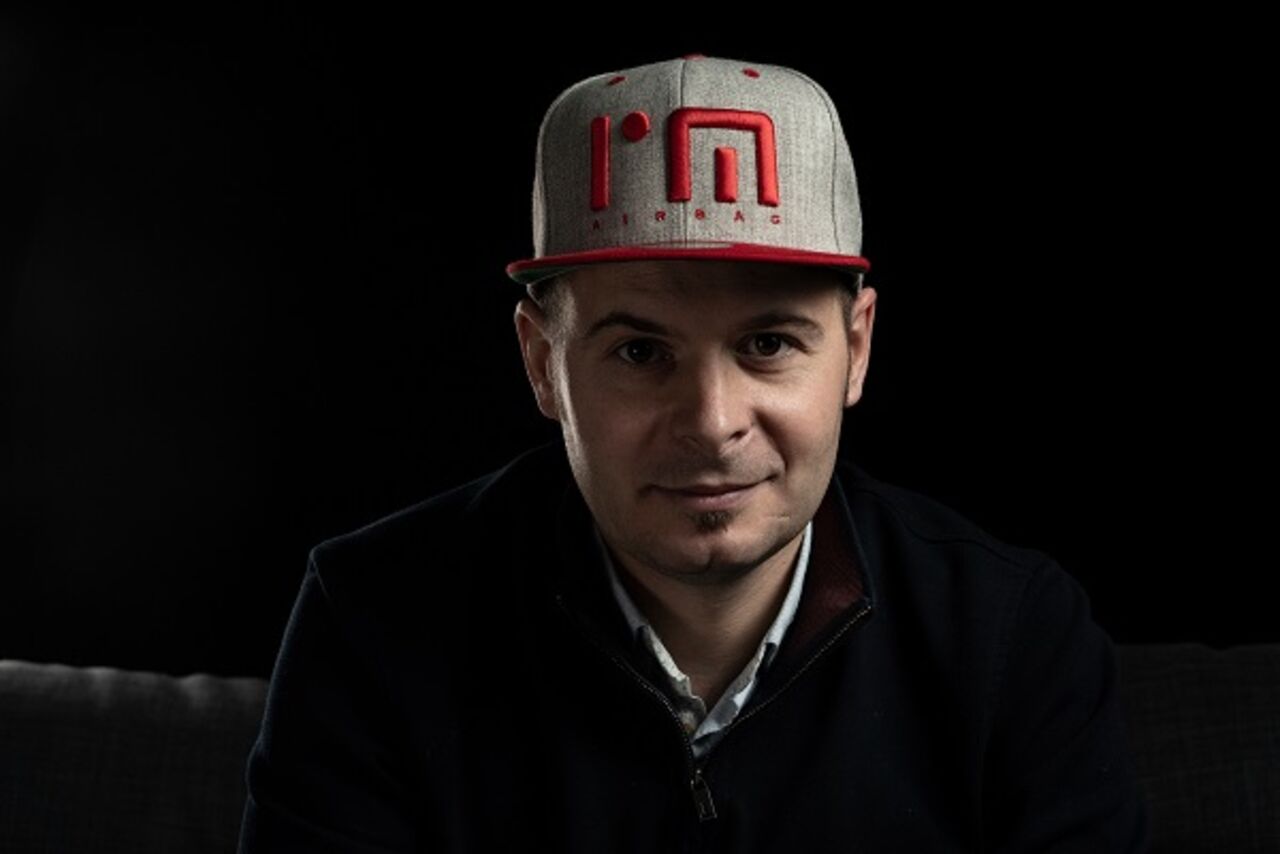The research laboratories engaged actively in understanding the health crisis. Crises often correspond to a period in which society evolves at a very fast pace. It is important to respond rapidly to the problems raised by the crisis, but also to understand the social changes taking place.
Some examples of research carried out on the crisis are presented here.

